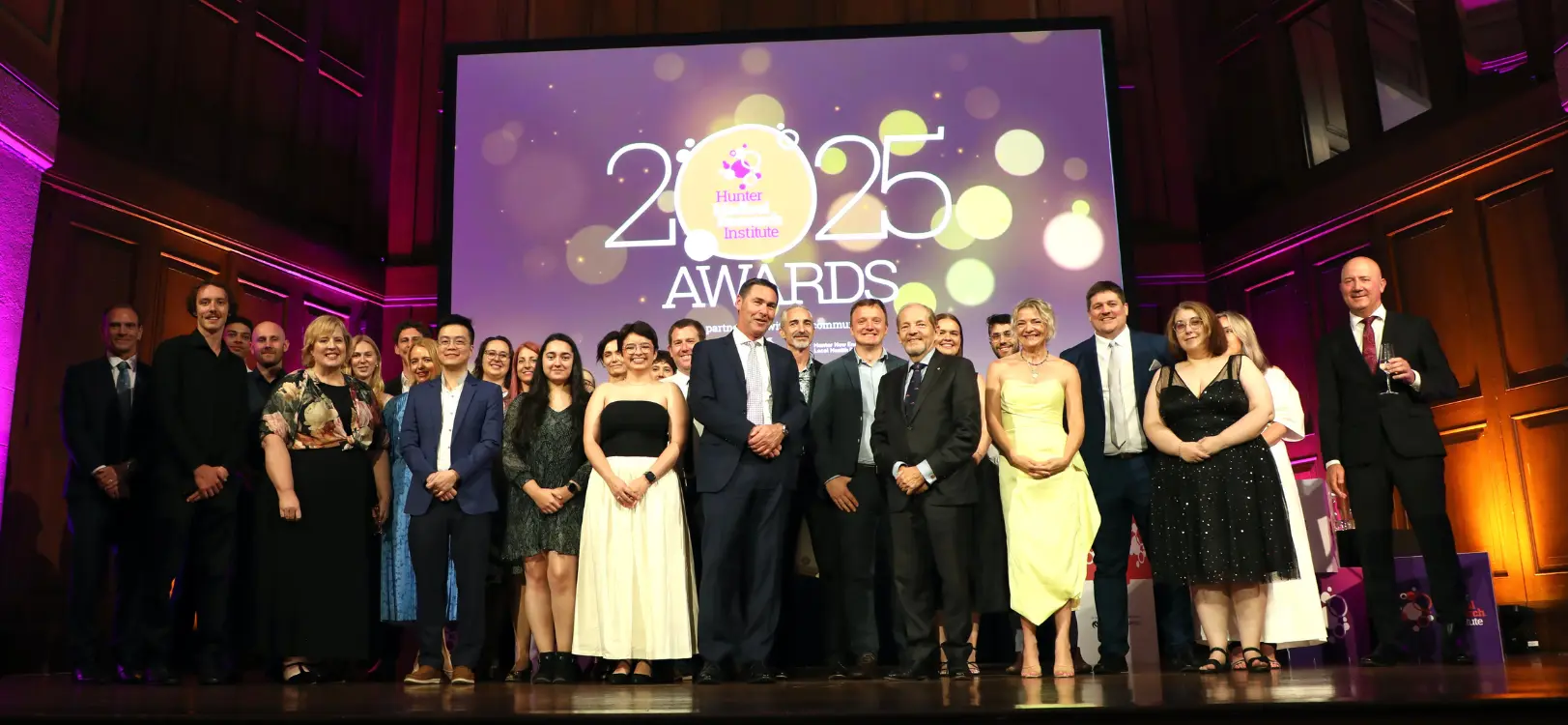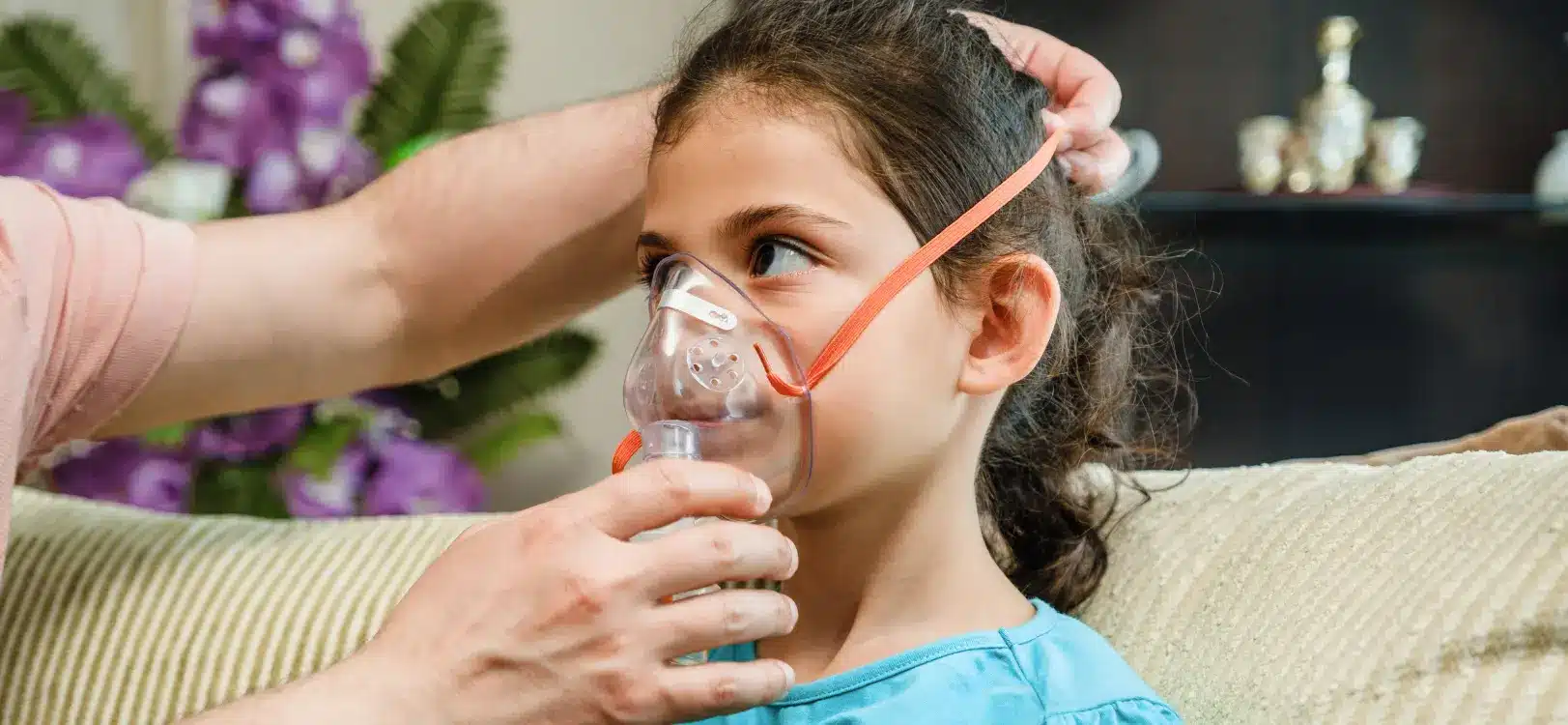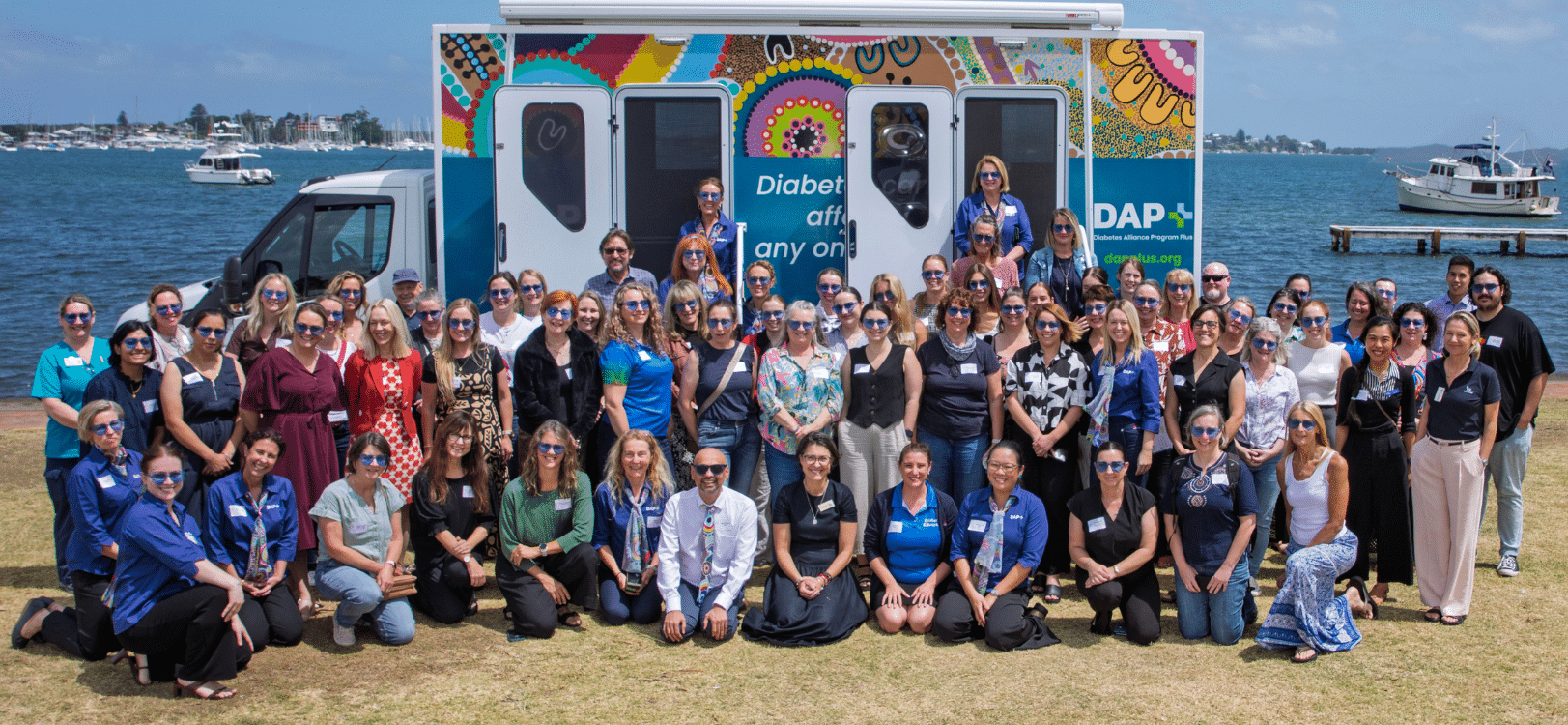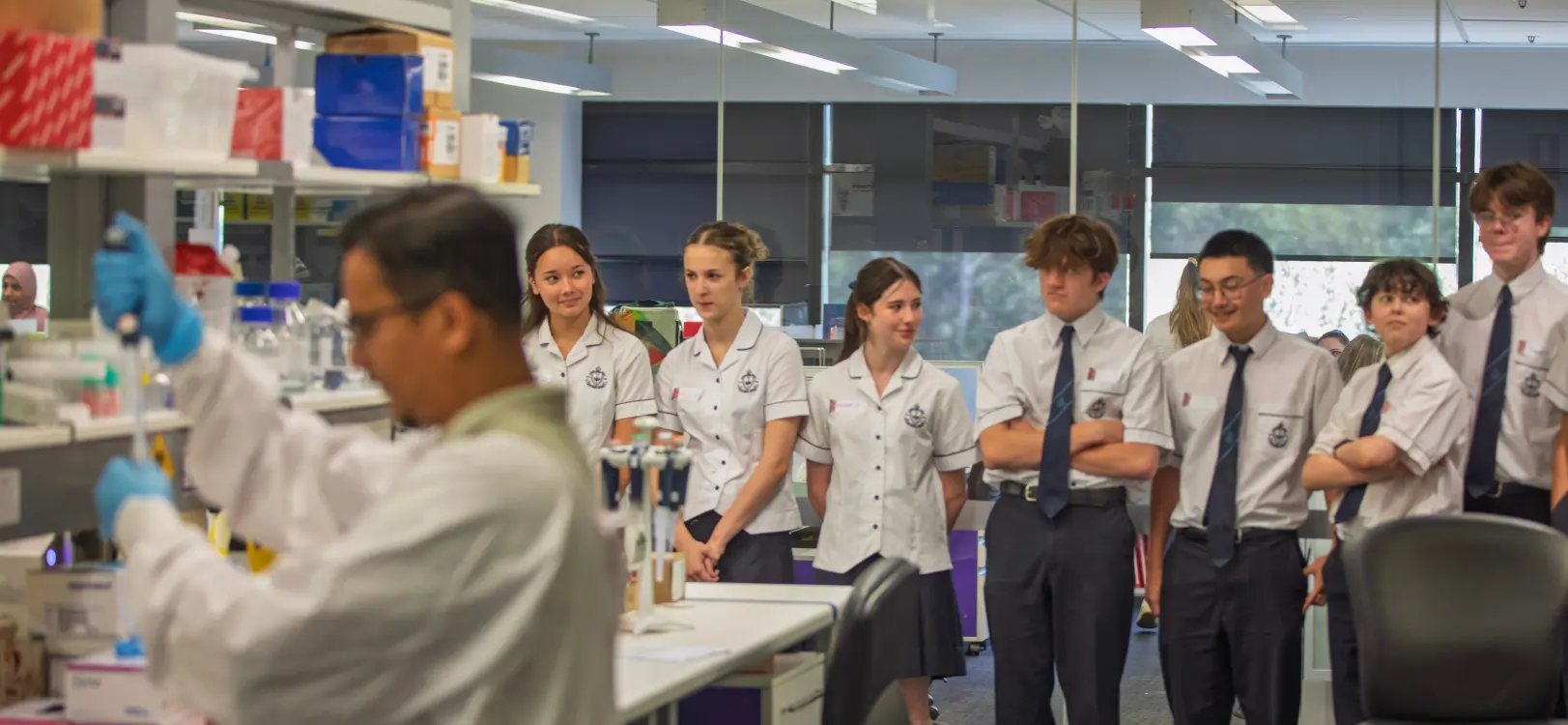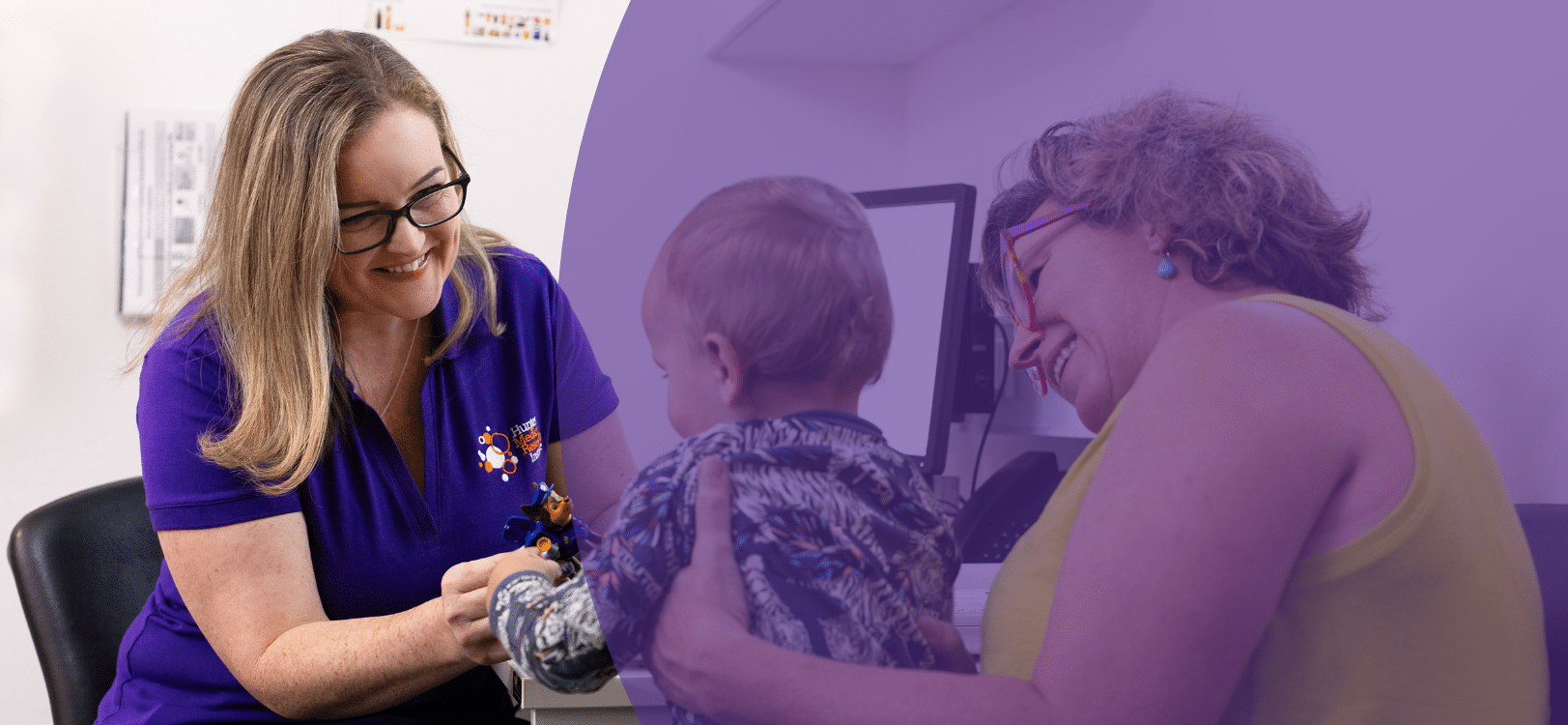Professor Vanessa Murphy from the University of Newcastle is a research scientist investigating the characteristics, mechanisms and consequences of asthma exacerbations during pregnancy and their health impact on both the mother and baby.
She is Deputy Chair of the Hunter Medical Research Institute’s Asthma and Breathing Research Program and an MRFF Investigator Grant research fellow.
Vanessa is an investigator with the Centre of Excellence in Treatable Traits, and led the development of the world-first online resource for both health professionals and families, the Asthma in Pregnancy Toolkit, which was launched in 2022.

